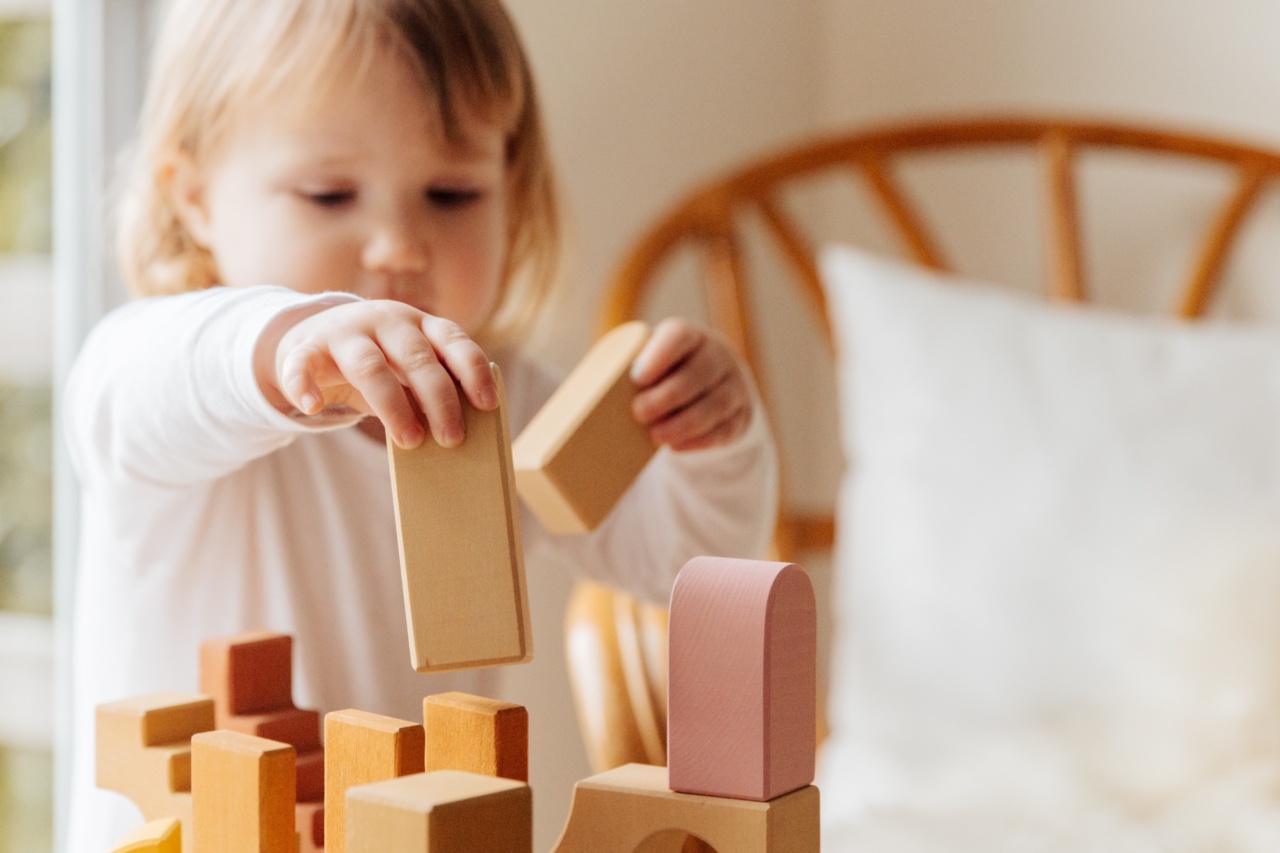Language development is an integral part of a child’s overall growth and development. It is during early childhood where children learn how to communicate their thoughts, feelings, and ideas.
Language development is a complex process that involves the acquisition of vocabulary, grammar, and syntax. So what is the role of language in child development? Let’s take a closer look.
Importance of Language in Child Development
Language plays a critical role in a child’s social, cognitive, and emotional development.
As children learn to communicate, they develop important social skills, such as taking turns in conversation, expressing their feelings and emotions, and understanding the feelings of others. Learning language also helps children develop cognitive processes, such as memory, problem-solving, and critical thinking skills.
Furthermore, language fosters emotional development, as children learn to express their emotions through words, rather than acting out physically.
Stages of Language Development
Language development occurs in several stages, starting from infancy and continuing through adolescence. Here are some of the key stages of language development:.
Prelinguistic Stage
This stage starts at birth and lasts for about 12 months. During this period, infants start reacting to sounds in their environment, and they gradually start vocalizing sounds themselves.
They also develop the ability to recognize their caregivers’ voices, which facilitates communication.
Babbling Stage
This stage starts at around six months and lasts until the child’s first birthday. During this stage, babies start producing sequences of consonant-vowel sounds. Although these sounds are meaningless, they constitute the basis for developing language.
One-word Stage
This stage starts at around 12 months when babies start using single words to express their needs and wants. The words are simple and concrete, such as “mommy,” “daddy,” or “milk.”.
Two-word Stage
At around 18 to 24 months, children start using two-word phrases, such as “more juice” or “big dog.” They also start comprehending simple sentences and are able to follow simple instructions.
Telegraphic Stage
This stage starts at around 24 to 30 months when children start using short sentences that only contain essential words, such as “book on table” instead of “the book is on the table”.
The sentences are mostly grammatically correct, although they may omit certain words. Children may also start asking questions at this stage.
Complete Sentences
This stage begins at around four years old when children start using complete sentences and are able to hold more complex and meaningful conversations with others.
Factors that Affect Language Development
Several factors can influence a child’s language development, including:.
Family Environment
Family environment plays a significant role in a child’s language development.
Children growing up in a nurturing and supportive family environment with frequent communication and interaction are more likely to have better language development than children growing up in abusive or neglectful environments.
Genetics
Genetic factors can also influence language development, with some children displaying a natural inclination towards language acquisition than others.
Neurological conditions such as autism and hearing loss are also known to impact language development.
Socioeconomic Status
Children from low-income families may have less exposure to language than those from higher-income families, which can affect their language development.
The availability of resources such as books, educational games and toys, and access to quality preschool programs are also essential in promoting healthy language development.
Health Status
A child’s overall health status can also affect their language development. Illnesses and nutritional deficiencies can cause delays in language development, especially if they occur in the first two years of life.
Illnesses such as chronic ear infections and measles can also lead to hearing loss, which can impact language development.
Language Development and Literacy
Language development and literacy are closely linked. Children who have strong language skills are more likely to develop good reading and writing skills, which are important for academic success.
Furthermore, children who are exposed to a print-rich environment are more likely to develop early literacy skills, such as letter recognition and phonemic awareness.
Conclusion
Language development is a crucial process that affects a child’s overall growth and development. It enables children to communicate, understand social cues, and foster cognitive and emotional development.
Understanding the stages of language development and the factors that affect it can help parents, educators, and healthcare providers foster healthy language development in children.





























